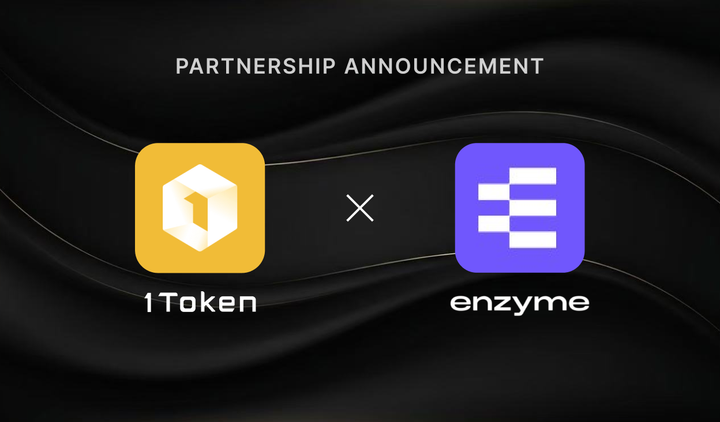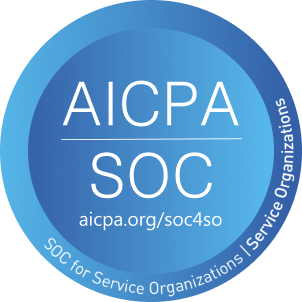Damon Xu
1Token
1Token provides a one-stop shop for crypto market software solutions
As the front-to-end platform, 1Token seamlessly caters to end-to-end operational needs for both buy and sell-side participants in the digital asset market, with tailored solutions crafted specifically for hedge funds. Co-founder & CEO Damon delves into the challenges and opportunities within the sector in an exclusive interview with Hedgeweek. Discover how 1Token is aiding hedge funds in adapting traditional trading strategies to thrive in the dynamic landscape of digital assets.
For the full report, please visit: https://www.hedgeweek.com/1token-provides-a-one-stop-shop-for-crypto-market-software-solutions/
HW: Are you confident that the wider digital assets investment industry has learned the right lessons from the events of the past year?
Damon: This question can be discussed from two perspectives.
Firstly, regulators recognise the need for more specialised and focused regulation of crypto, rather than treating them solely as an instrument regulated under TradFi framework. Policies tailored for crypto, such as the VASP license in Hong Kong, address the risks associated with opaque operations in CeFi.
Secondly, market institutions prioritise risk management and compliance. They implement infrastructure like on-chain AML monitoring, third-party custody, and risk management systems. Some of our clients have also joined self-regulatory organisations, demonstrating their commitment to higher operational standards.
HW: What have been the biggest drivers of growth within your business?
Damon: The key motivations for 1Token stem from our belief in the growing participation of institutions in the crypto market, encompassing both crypto-native entities and traditional finance players. Our solutions cater specifically to 'new-to-crypto' institutions, helping them establish their institutional infrastructure, including advanced risk and portfolio management tools, and involvement of crypto fund auditors. Overall, we provide comprehensive solutions to meet institutional investors' scaling needs and navigate evolving regulations.
HW: What has been the most significant change you’ve observed in the industry?
Damon: In our view, the most significant transformation is the growing number of foundational service providers that address the security, regulatory compliance, and the need for more precise risk control over their positions among institutional investors.
We identify three primary types of infrastructure service providers that are particularly active in this regard:
- Trusted custodians provide effective solutions for mitigating counterparty risks
- Some exchanges solely focusing on trade matching has evolved into a pure trading tool, distinct from other CEXs with additional sell-side roles.
- Infrastructure providers like 1Token play an indispensable role by providing essential services like data aggregation, risk management tools, and comprehensive middle-back-office infrastructure.
Overall, new infrastructures and evolving compliance work hand in hand, forming the new ecosystem of the crypto market.
HW: How is regulation influencing players in the market, across the whole value chain?
Damon: As cryptocurrencies face regulatory crackdowns in the US and robust regulations emerge in Asia, institutional players are flocking to the Asian market for its favourable regulatory environment. Despite bear markets, our Asian clients experience significant business growth, capitalising on the expanding market and attractive regulatory landscape.
As a PMS service provider, we have collaborated with clients this year to adapt our system to new regulatory requirements. We have introduced various investment portfolio management guidelines, such as the integration of additional third-party custodians for post-trade settlement solutions, the continual updates and integration of new DeFi protocols based on customer demand, even though we have supported 40+ chains and 140 + protocol, which reflected the market's shift towards DeFi and a growing emphasis from clients on high-quality post-trade data output to meet compliance and investor requirements.
HW: What is your outlook for the expansion and development of this area of investing? What role will traditional hedge funds expanding into digital assets play?
Damon: Traditional hedge funds are increasingly entering the cryptocurrency market and, as compared to crypto-native funds focused solely on arbitrage strategies, they show a greater interest in adopting various strategies borrowed from traditional finance (tradfi), which includes smart beta, long-short, market-making, options, FoF/MoM (Fund of Funds/Master of Masters) and Directional.
However, as newcomers to the crypto space, some hedge funds also face certain challenges, which include capacity limitations, lower volatility during bear markets, compliance risks, particularly in the US and the need to adapt to the unique infrastructure of cryptocurrencies.
Nevertheless, traditional hedge funds contribute to the industry's progress by promoting best practices such as third-party custody and expanding the range of strategies available in the crypto market.










Comments ()